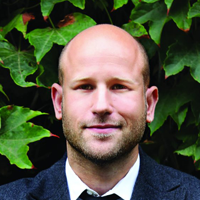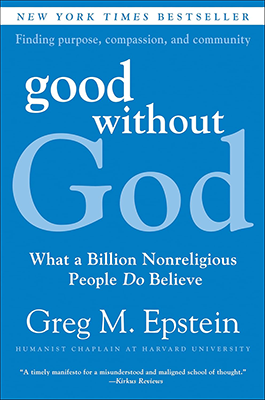
Greg Epstein
Greg Epstein is a prominent humanist chaplain, author, and public speaker known for his advocacy of humanism, secularism, and ethical culture. Here are the key points from his biography:
Early Life and Education: Greg M. Epstein was born in 1977 in Flushing, Queens, New York City. He earned his Bachelor of Arts degree in Religion and Chinese Language and Literature from the University of Michigan in 1999. He later obtained a Master of Theological Studies degree from the Harvard Divinity School in 2005.
Career as a Humanist Chaplain: Epstein serves as the Humanist Chaplain at Harvard University, a position he has held since 2005. In this role, he provides support and counsel to students who identify as atheists, agnostics, and those questioning their religious beliefs. He is also responsible for fostering a community of humanist, atheist, and secular students on campus.
Advocacy and Public Speaking: Greg Epstein is a prominent advocate for humanism and secular ethics. He speaks widely on topics such as morality without religion, the role of secular communities in society, and the intersection of science and human values. He has delivered talks at conferences, universities, and other venues around the world.
Authorship: Epstein is the author of the book “Good Without God: What a Billion Nonreligious People Do Believe” (2009), in which he explores the ethical principles and values that can guide individuals who do not adhere to traditional religious beliefs.
Interfaith and Interbelief Dialogue: Epstein is involved in promoting dialogue between people of different religious and non-religious backgrounds. He advocates for understanding and cooperation across religious divides, emphasizing shared human values and the importance of ethical living.
Community Building: As a chaplain, Epstein is committed to building inclusive and supportive communities for non-religious individuals. He works to create spaces where people can find fellowship, support, and engage in meaningful discussions about life’s big questions without a religious framework.
Recognition: Greg Epstein’s contributions to promoting humanism and secular ethics have earned him recognition within the secular community and beyond. He continues to be an influential voice in discussions about the role of religion, ethics, and community in contemporary society.
Greg Epstein’s work as a humanist chaplain and author has helped to raise awareness about the diversity of ethical perspectives among non-religious individuals and to build communities where humanist values are celebrated and practiced.

